While it's hard to believe that HF.10 in Hong Kong was weeks ago, there's still plenty of time to reflect on the themes and lessons that dominated the discussion. One of the reoccurring topics was "What's next?" It was a hot topic of debate not only regarding innovation and business but also design.
One great (and amusing) example of how these discussions played out was in the panel, The Watch Industry Starter Pack: How to Build a Watch Brand in 60 minutes [Watch here]. This collaborative panel saw three experts develop a product and a position in under an hour. The resulting brand, 'Junk', might not have been entirely serious, but it addressed issues of geography, identity, design and commercial reality in an engaging manner.
Inspired by this discussion, we spoke to three industry experts on what they hope the future of watch design will hold.
Fiona Krüger, fresh from her panel, took a more holistic approach to watch design, specifically hoping for a world where there's a more nuanced relationship between design and brand. Krüger explains,
"Defaulting to having the brand as the starting point is very strange to me. I think it should be more about the work. The work speaks for itself, and over time, you build good work, and that's what builds the brand. You have this physical legacy of what you've done, which has its own language, and the brand emerges from that. The obvious example in the fashion industry is Alexander McQueen. When he passed away, part of the reason why the brand was able to continue was the fact that there was an incredibly strong design language there — that is the brand. Creativity comes first, and the brand is built around that. Products exist, but the brand is just an idea. The size of the brand depends on how many people are in agreement with that idea at that time."
It should be unsurprising that Alfred Chan, an experienced designer best known for his impressive debut with Toledano & Chan, also sees the importance of a strong design focus in the industry.
"I'd like to see more actual design. I'm not talking about taking horology or watchmaking into account. I'm talking about design for design's sake. A more aesthetic-driven design. I'm not interested in how many complications we can have or what sort of technology is being used. It's not about the movement following the form of the watch or anything like that. It's about taking time-telling away from watches. I'd like to see this approach from brands, but also, I think it's really important that the community embraces this sort of approach."
Chan's vision of design-for-designs-sake might sound like it's asking a lot, especially in a business so focused on a narrative built around specifications and mechanical excellence, but the timing might be right — we're seeing a groundswell of interest in aesthetically focused watches at the moment.
Robin Tallendier, co-founder of Atelier Wen is also focused on groundswells — though his interest is more about raising the profile of Chinese watchmaking, and he thinks design is a key part of this process.
"What we are trying to do at Atelier Wen is find craftsmanship and cultural concepts. Really going to the roots and the rules of those concepts and applying them to the watch, using it as a sort of canvas. That's how we design our watches, and our hope is that what we do can contribute to forming a sort of Chinese design language for watches. I also really hope that we inspire others to do it. I don't think that the Chinese watch industry would be sustainable if there was only one brand doing it. One of the reasons why Switzerland is so successful is that there are hundreds of brands — so Swiss watches are everywhere. The goal is to develop more Chinese brands and get that sort of global recognition."
While Krüger, Chan and Tallendier all have a slightly different focus on the future of watch design, they're all telling the same story. Design is central to the future of watchmaking, whether it's fostering Chinese watch identity, informing the underpinnings of brand identity, or simply moving beyond the function of watchmaking to focus on the form.
How far in advance do you usually book tickets?
- Within 24h Before
- 1-3 Days Before
- 1-3 Weeks Before
- Over a Month Before


















